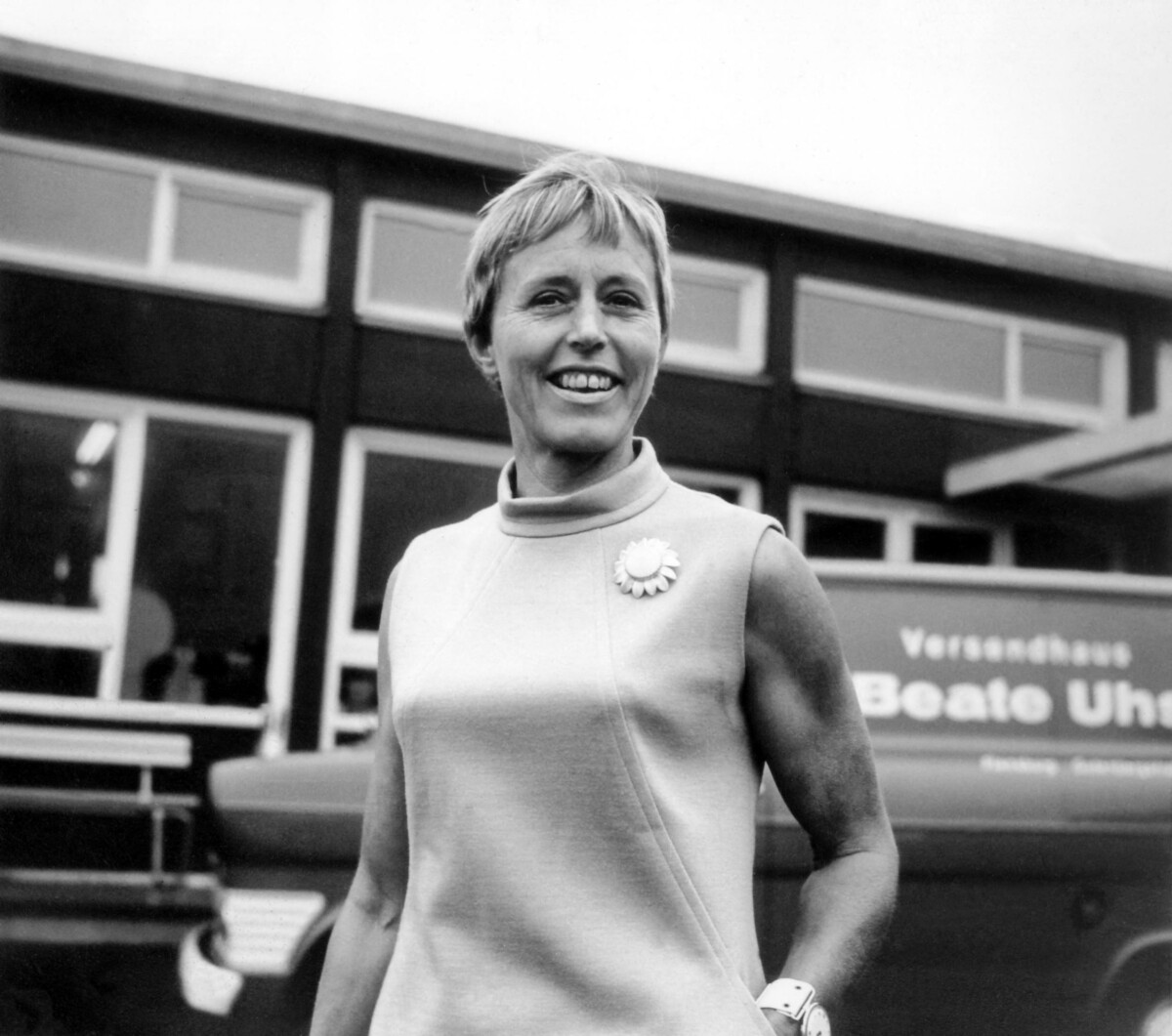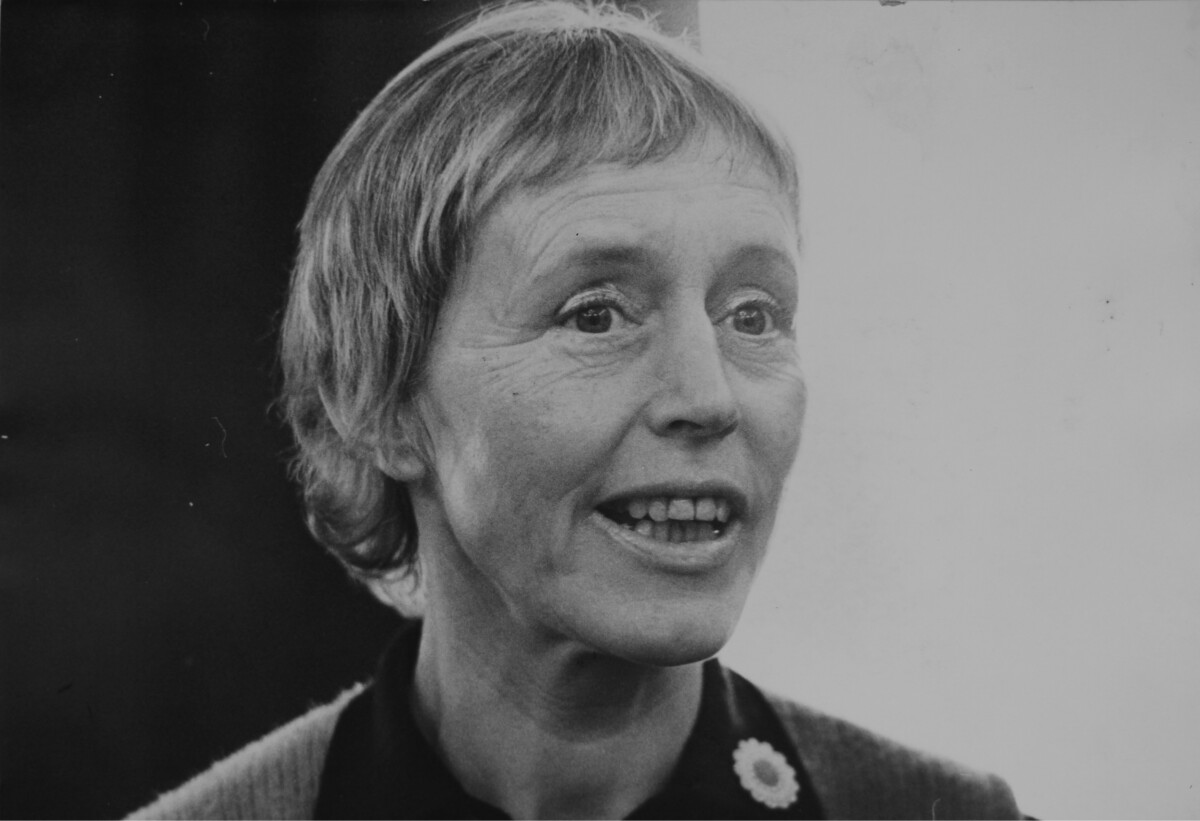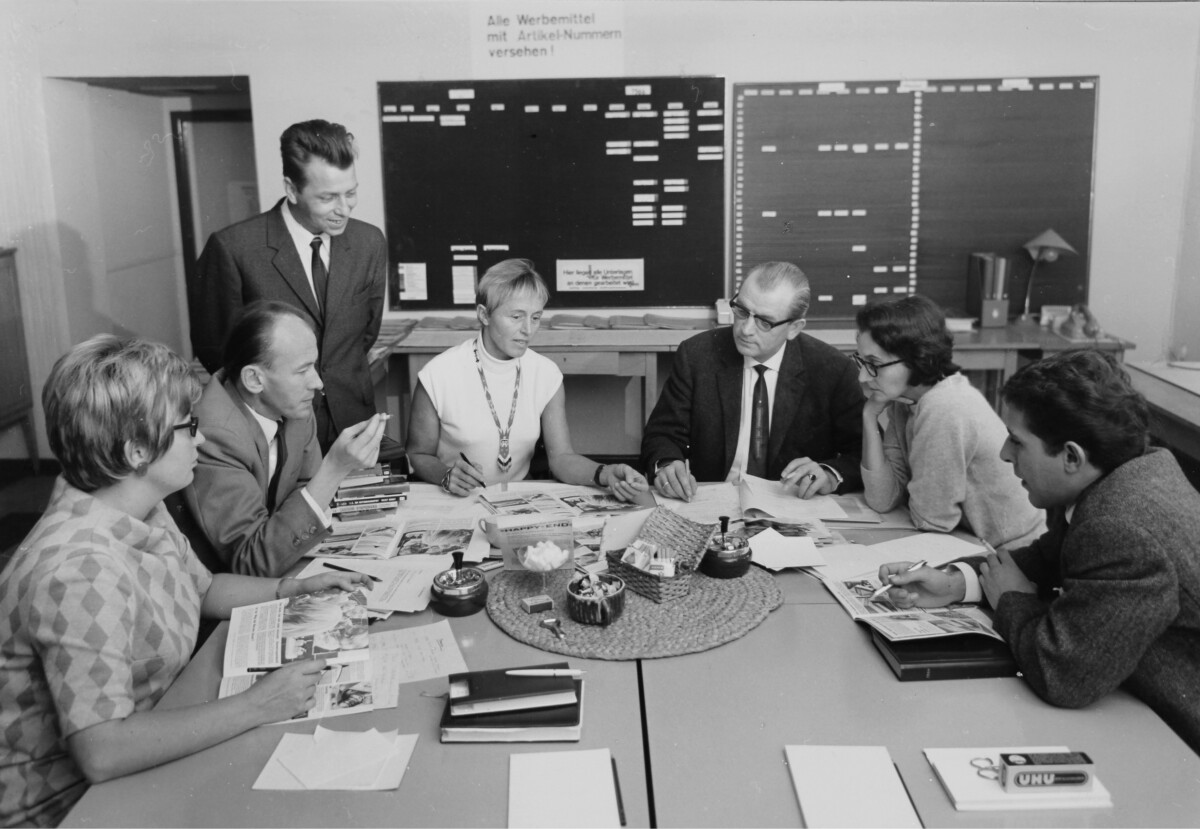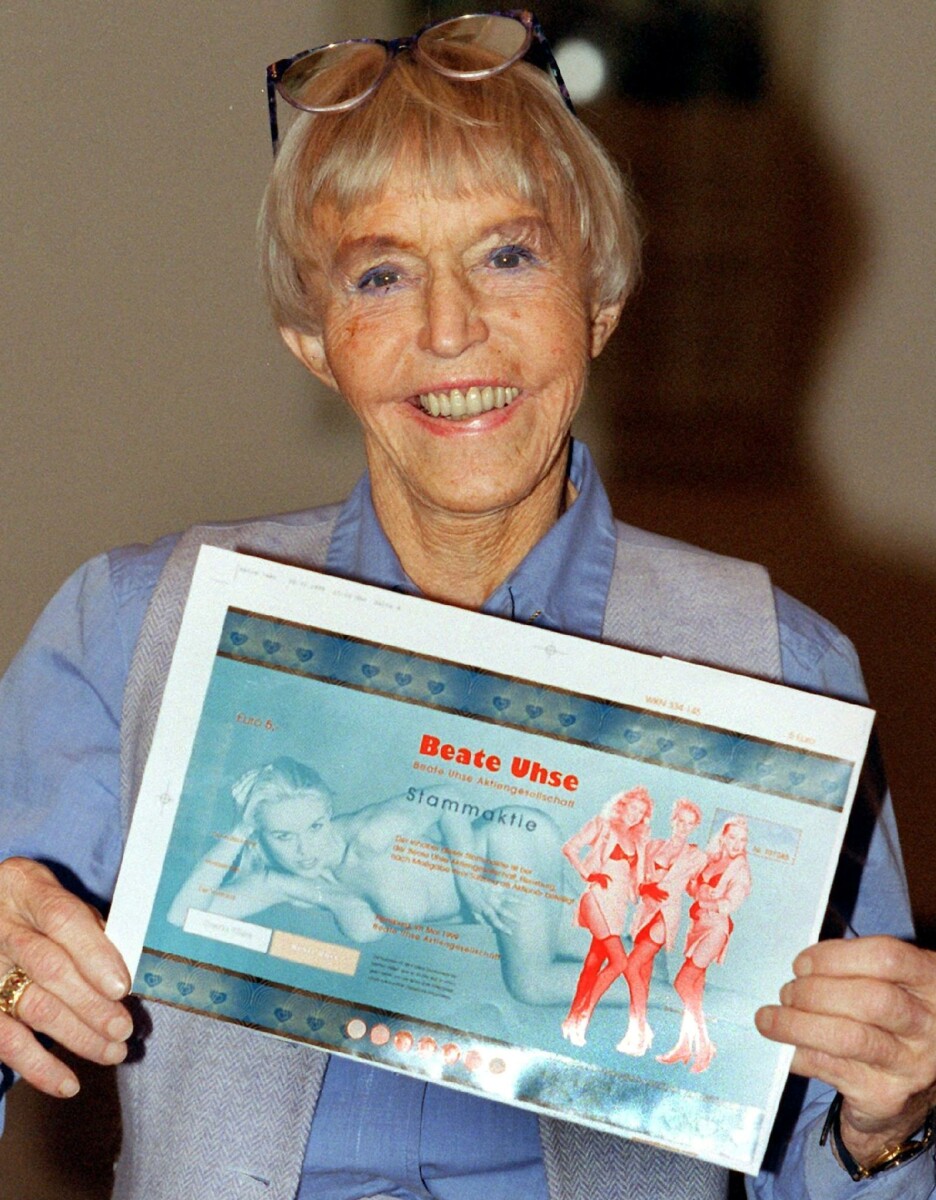The story of Beate Uze and the beginnings of the liberation of sexuality: Owner of the first sex shop
For decades, the mere mention of the name of Beate Uze was a "shame" for many Germans. The confident and talkative German woman brought the whole world of sex from the bedroom to the window of her shop, helping various sex games.
Beate Uze was born in 1919 in what was then East Prussia, an area that became part of Russia after World War II. Her parents raised her in an open and liberal spirit. Her father was a farmer and in the barn he showed her how the animals were mated.
Her mother, on the other hand, was one of the first women to graduate from medicine in Germany. She spoke openly to her daughter about female sexuality and even taught her about contraceptive methods. Beate learned at her parents' house that women are just as talented as men.
In 1937, she decided to become a pilot in Berlin. Then in 1939 she married her flight instructor Hans-Jürgen Uze, and in 1943 their son was born. A year later, her husband died in a plane crash, but she continued to fly. From 1944 she was in the German Wehrmacht (united armed forces of Nazi Germany in the period from 1935 to 1946) and with the rank of captain she transported planes to the front. For the rest of her life, she did not want to talk about her role at that time, nor did she feel guilty.
Sex is not just a man's business
At the end of the war, she managed to leave Berlin with her son on one of the last flights. Those were hard times for a single mother. In a conversation with women whose husbands were returning from war, she learned how much these women fear pregnancy in times of severe crisis.
Beate Uze remembered the contraceptive methods her mother had recommended to her and wrote down one of them, the calendar method for calculating fertile days known as the Knaus-Ogino method.
"It wasn't a safe method, but it was better than nothing," Uze once said.
"The X-File" is the name of the booklet she started selling at a then very high price in 32.000 copies. From this, she acquired capital to start a company that later became a global concern. However, her sales method, which was based on the then unusual mailing of order forms to all addresses that could be reached, brought her the first lawsuits.
Most of the time, the plaintiffs believed that obscene materials that alluded to immoral behavior and premarital sex arrived at their addresses.
Independent sexuality
Some were angry, while others admired her. Sex is not just a man's business. Beate Uze tried to liberate women by recognizing their right to independent sexuality. She looked at her idea from a pragmatic point of view.
"At that time, feelings were not considered. The focus was on survival and coping with the child," she emphasized on one occasion.
Marital hygiene
Then, in 1951, she took the next step – founded the "Beate Uza Delivery Home". She sold condoms and publications on "marital hygiene," as marital sex was then called. Her business model consisted of selling things that everyone needs and no one talks about. But the tone was also new – she guaranteed the products with her name and addressed the customers directly.
The result was – rapid growth of the company. After the first decade of its existence, the company employed 200 people. And then, in Flensburg in 1962, she opened the first sex shop in the world.
The "specialized shop for marital hygiene" caused a wave of comments. Some citizens believed that the store encourages unnatural satisfaction of sexual needs. Even the Association of German Booksellers' Exchanges rejected Beate Uze's request to become a member for "moral reasons".
A local tennis club also refused to accept her, which angered Beate so much that she built her own tennis court.
New business impulses started to happen in the seventies. Then the laws and moral ideas of the people began to change. In the center of attention was no longer "marital hygiene" but desire and pleasure. In addition to condoms, lubricants and magazines, her stores have long sold erotic aids and toys, underwear and potency products.
Pornography was legalized in Germany in 1975, so Beate Uze included video content in her offer. For that business venture, she became the target of feminists who fiercely criticized Uze for selling films in which women are degraded to the level of sexual objects. Critics to this day remind us that it was not equality that mattered to her, but profit.
Failure of the family business
Uze had two more sons from her second marriage with the merchant Ernst-Walter Rothermund. The sons joined the business. However, as the business flourished, her sons started big arguments. The company was divided in 1981, "Beate Uze" remained with her and her son Ulrich, and "Dostava Orion" then belonged to the other two sons.
Stagnation was not an option for the company, its new ideas were starting to become reality. In 1996, Beate Uze opened the Museum of Erotica in Berlin, and in 1999, two years before her death, her company went public.
The shares first started to grow astronomically, but then continued to fall. The company began to struggle with reduced turnover, and some branches began to close. Due to the excessive competition that appeared together with the emergence of the Internet, they began to be threatened with bankruptcy. Insolvency was declared for the first time two years ago, but the founder of the company did not experience it.
They say that Beate Uze suffered a lot because of the quarrels between her sons and the division of the company. And her second husband seems not to have been for her. He quickly withdrew from the job and turned to other women. After 20 years of marriage, Beate Uze divorced and then found a new love, an American who was 25 years younger than her.
Recognition of her pioneering role in the liberation of sexuality
Towards the end of her life, the business was already unstable, but she began to receive social recognition for her pioneering role in the liberation of sexuality. She was rejected for a long time in her hometown of Flensburg, so for her eightieth birthday she was finally entered in the city's golden book. However, she did not become an honorary citizen.
Ten years earlier, in 1989, she received the Federal Cross of Merit. She asserted herself in "men's fields" by working as a pilot and businesswoman. Undoubtedly, it is to her credit that some topics that were taboo became part of public life. She did not back down in the face of threats or lawsuits or attempts to marginalize her.
Kathryn Renicke, the author who wrote her biography, told Deutschlandfunk that Beata Uze was not particularly interested in the emancipation of women. According to Ms. Renicke, she is an early example of an "influencer," a person who sells her products by marketing her own personality. Beate Uze died in 2001 at the age of eighty-one from pneumonia.






